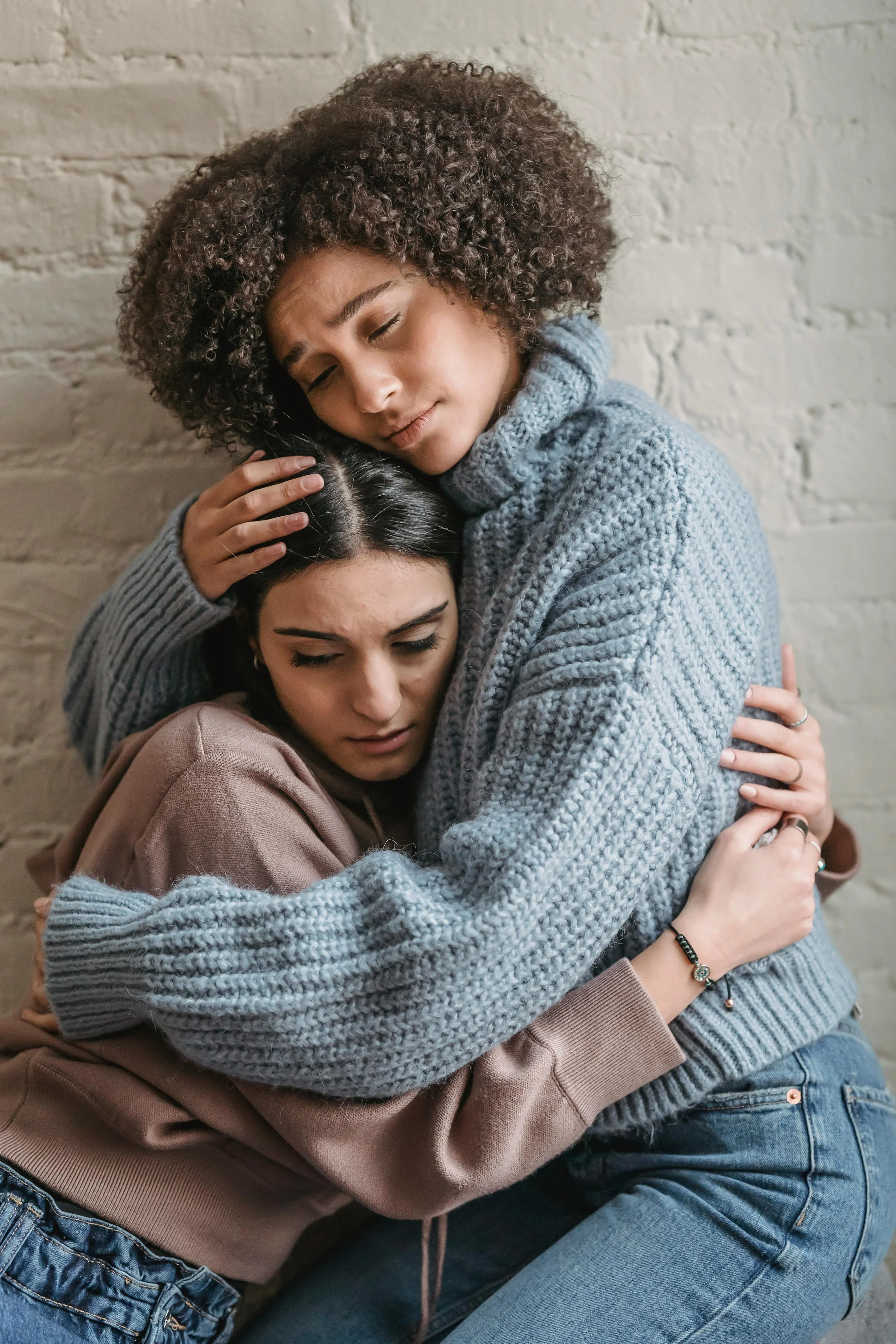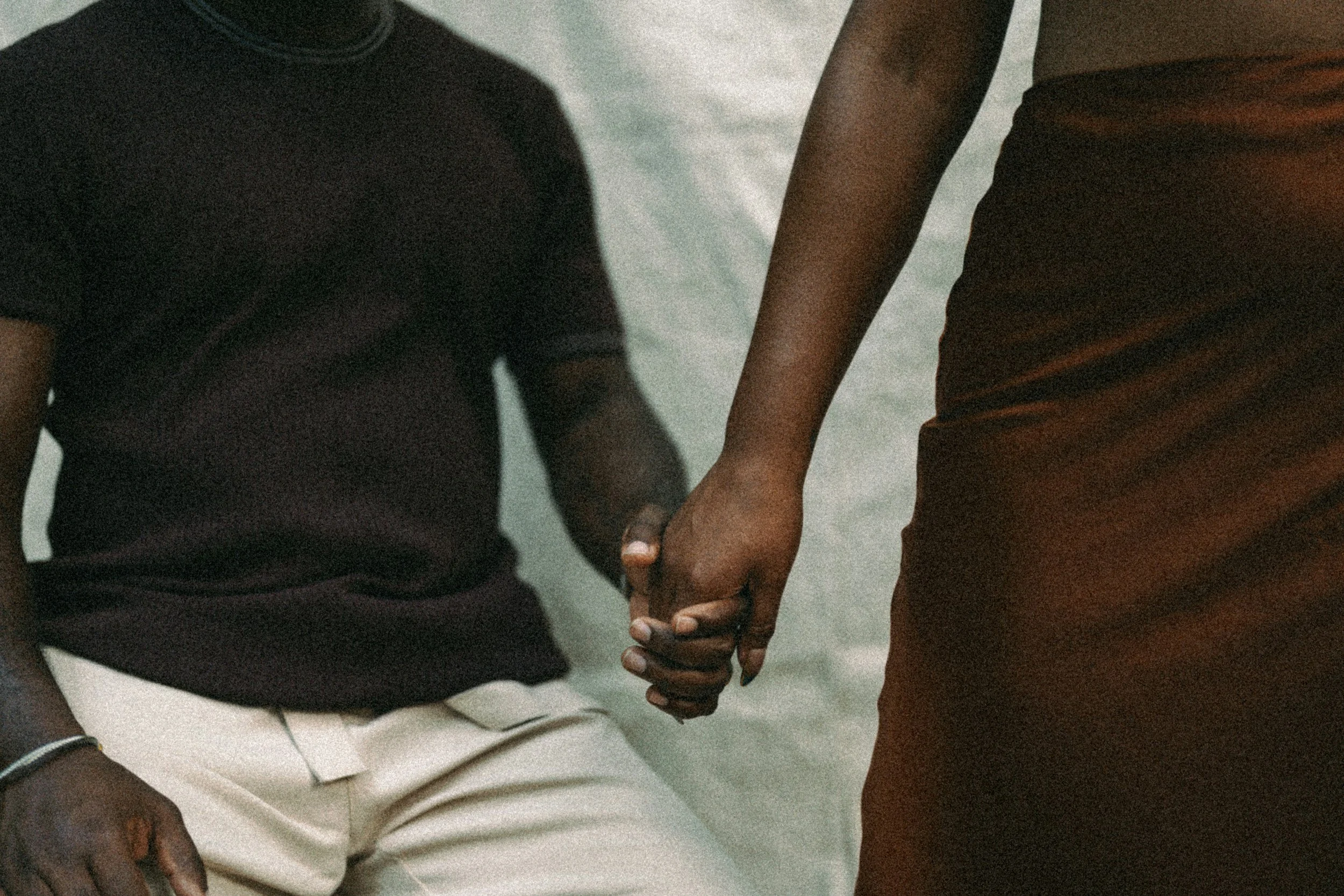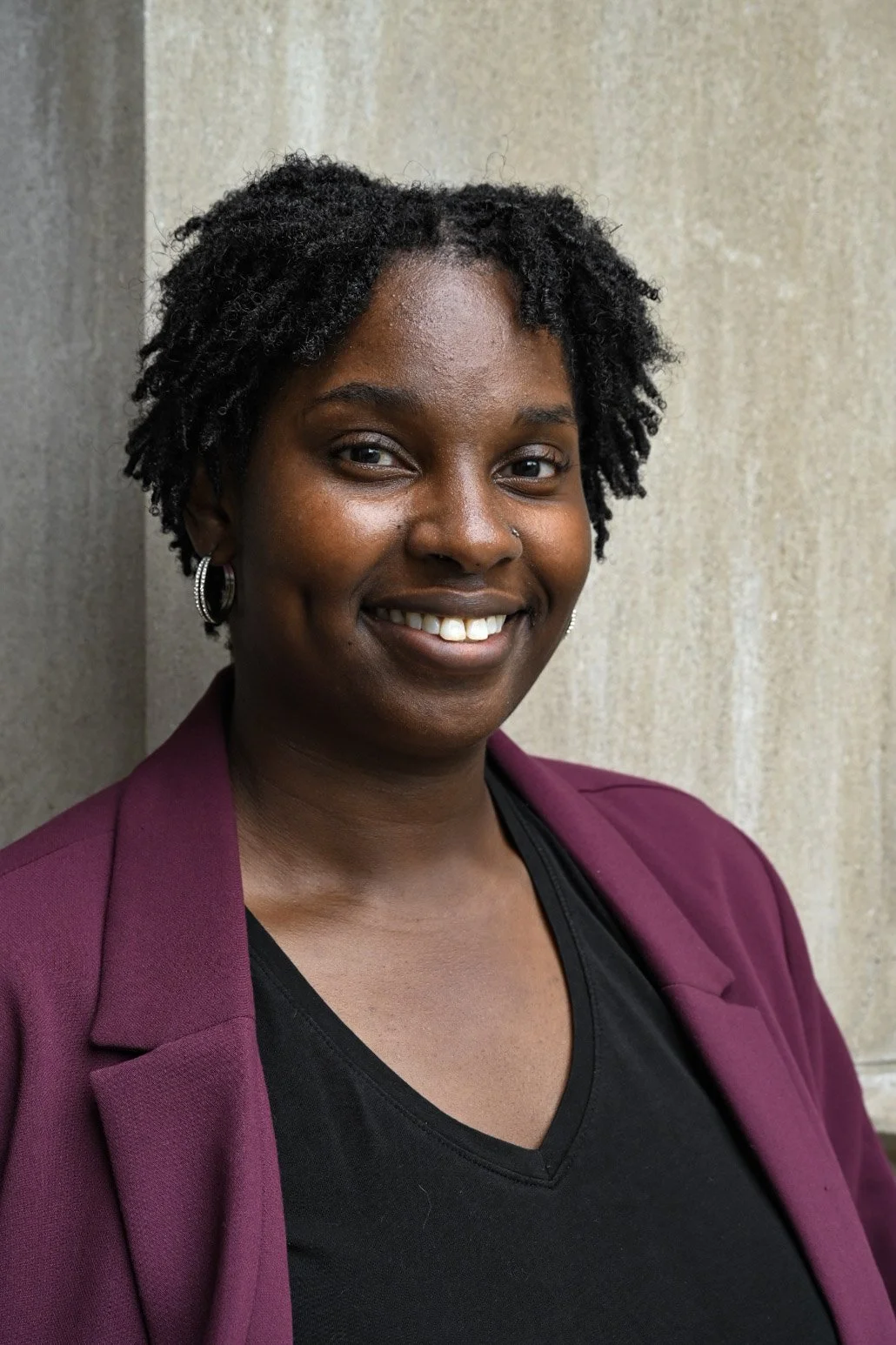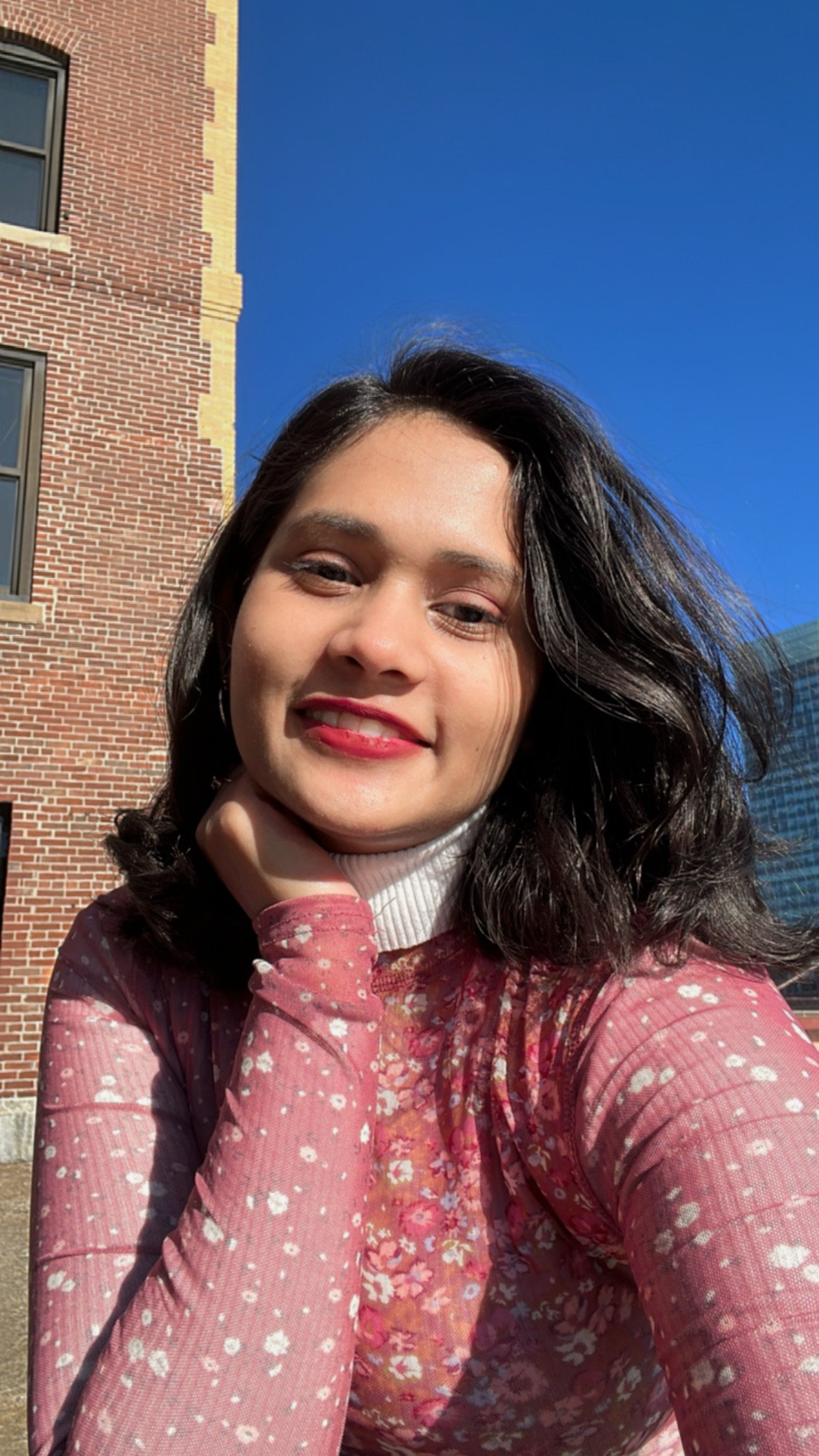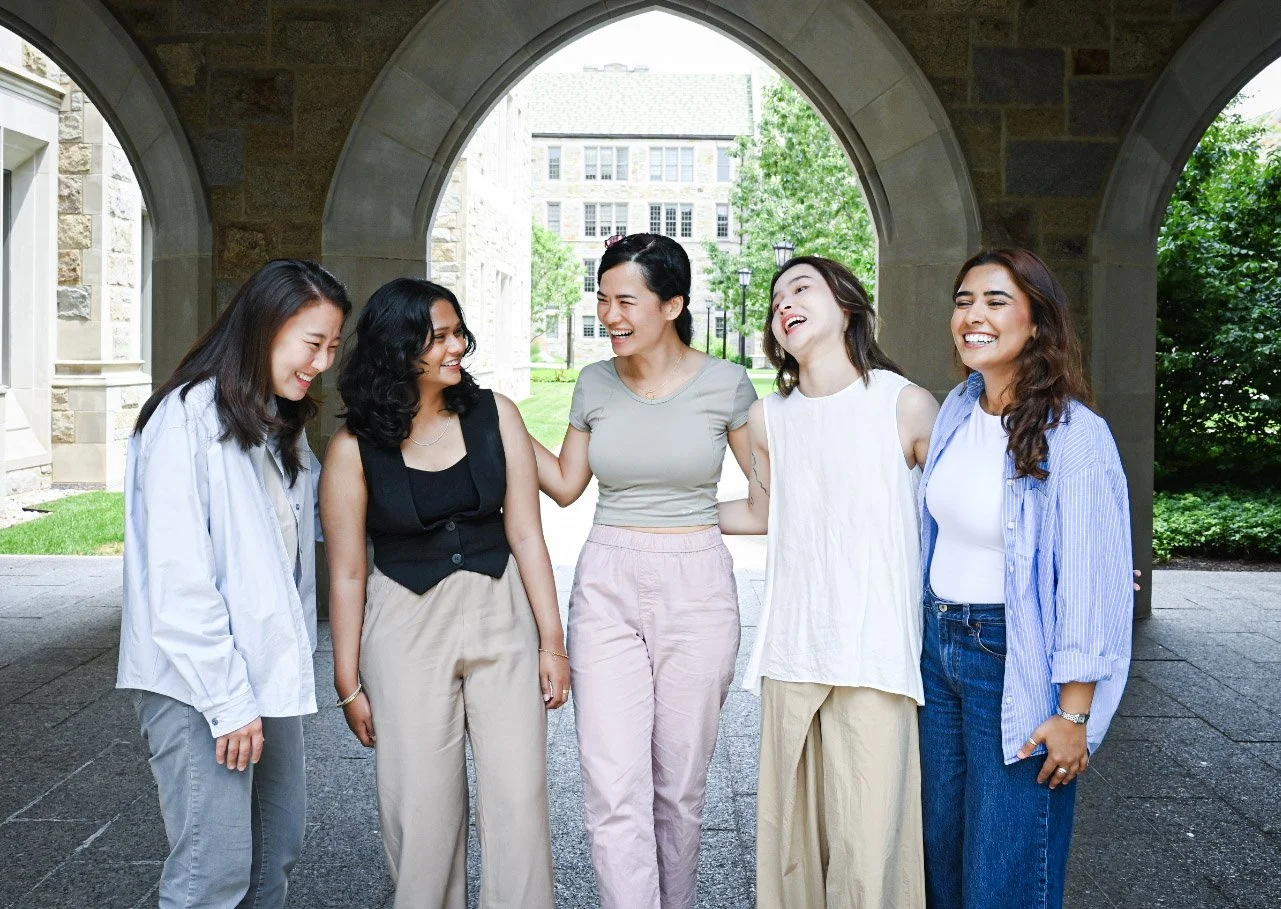
Online Grief Counseling for BIPOC and LGBTQ+ Communities
Inclusive grief therapy for BIPOC, queer, transgender,
immigrant, & neurodivergent communities across Massachusetts.
Where Diaspora, Identity, and Grief Intersect
Online grief counseling that honors the full weight of your experience.
For those whose grief lives at the intersection of diaspora, queerness, displacement, and intergenerational memory. We understand that mourning is shaped by culture, language, migration, and the systems that may have asked you to hold your pain in silence. In this space, grief is not a disorder to be treated but a process to be witnessed, held with care, context, and cultural responsiveness. Whether your loss is rooted in family rupture, identity shifts, ancestral disconnection, or the quiet ache of being misnamed by the world, your grief belongs here.
Holding Grief in a World That Doesn’t Always Make Room for It
Grief is not a linear process.
Culture, identity, migration, loss, and intergenerational trauma all shape how we mourn, remember, and rebuild. Yet too often, grief especially in marginalized communities is silenced, rushed, or pathologized.
Grief isn’t something you complete. It moves through language, body, time, and sometimes disappears just long enough for you to think you’ve outlived it until a smell, a season, a sound returns you to the moment everything changed.
For many of us, grief may not just about one moment or one person, it could be the ache of disconnection, of carrying stories that were never told, of trying to hold onto people, places, or versions of ourselves that no longer exist in the same form. It can live in the silence between generations, in the shape of migration, in the tension between who we are and who we were allowed to be.
Here, you don’t have to explain why your grief still lingers. You don’t have to put it into a timeline or have the ‘correct’ language or words to explain it.
There is room here for the grief that is loud and the grief that is quiet. For the grief that hasn’t been named yet. For the kind that comes back years later and asks to be felt all over again…
Who We Have Experience Working With
Our clinicians have supported people grieving:
・ The death of a loved one, whether sudden or long-anticipated
・ Cultural displacement, migration, and loss of homeland
・ Shifts in identity, faith, or family role
・ Estrangement, rejection, or silence from caregivers and communities
・ The death of a dream, relationship, or version of self
・ Intergenerational grief, inherited through stories untold
Our care honors the complexity of your experience and offers space for grief that is often overlooked or unnamed.
Some of Our Providers Specializing in Grief Counseling
We’ve highlighted just a few of our clinicians with experience in grief, loss, and mourning. Our full team includes more therapists with varied backgrounds and specialities. If you are looking for support that meets your cultural, linguistic, or clinical needs, please reach out and we’ll help you find the right fit.
Johnny (He/Him) supports clients navigating grief shaped by culture, migration, family systems, and systemic loss. Drawing from attachment-based, somatic, and mindfulness practices, he helps clients slow down and reconnect with what grief has carried. With deep experience supporting Asian diasporic communities, he invites ancestral memory, social location, and personal meaning into the healing process.
Blessing (She/Her) offers a grounding and culturally attuned approach to grief, especially for BIPOC and immigrant clients navigating identity, loss, and transition. She supports clients through life changes, systemic stress, and emotional overwhelm with warmth, humor, and deep respect for lived experience.
Pragati (She/Her) brings a deeply compassionate, culturally attuned approach to grief work. As a first-generation immigrant and expressive arts therapist, she holds space for clients navigating identity, trauma, and loss through movement, creativity, and care. Her work is rooted in body-based healing and a commitment to honoring each person’s lived experience.
Meet More Of Our Therapists
Many of our clinicians have lived experience and deep training in working with queer, BIPOC, and neurodivergent communities.
While we don’t publicly list individual identities for privacy and safety, we are committed to matching you with someone who aligns with your needs.
During your free consultation call, let us know what you’re looking for, whether that’s a queer-affirming therapist or someone with specific cultural understanding, and we’ll do our best to connect you with the right fit. You deserve care that sees the full picture.

FAQs
-
We support all types of grief, including death, breakup, illness, identity loss, migration, or family estrangement. Grief can show up in many forms and doesn’t have to be recent or recognized by others. If it hurts, it matters. We welcome the full spectrum of loss, no matter how clear or complex it feels.
-
Not at all. Some people want to speak immediately, others need time, silence, or grounding first. You won’t be pressured to open up before you’re ready. We’ll move at a pace that feels safe for you. There are many ways to begin, and we’ll work together to find what feels right.
-
Yes. We understand that grief is shaped by culture, migration, race, religion, and family roles. You won’t have to explain everything from scratch. Our therapists hold space for different cultural grieving practices and offer care that respects how your background and identity shape your experience of loss, healing, and remembrance.
-
Yes. Some grief stretches beyond a single event or lifetime. We support clients exploring inherited grief, ancestral memory, cultural loss, or intergenerational trauma. Whether you’re holding pain from community loss, colonization, or family rupture, this space honors your story and helps you connect with meaning, memory, and healing across generations.
-
Absolutely. Grief doesn’t always have a clear name. You may feel a heaviness, numbness, or shift without knowing why. This is a safe space to explore what might be beneath the surface. Together, we’ll trace the feelings and help you make sense of what you’re carrying, even if it’s hard to describe.
-
There’s no fixed timeline. Some clients come for a short season, others stay for longer periods. It depends on what you're working through and what kind of support you need. We check in regularly and adjust together. You're always welcome to pause, return, or continue at a pace that feels right.
-
Yes. We offer a free consultation so you can meet a therapist, ask questions, and see if the fit feels right. There’s no pressure to commit. You’re welcome to share a little or just listen. It’s a chance to start gently and get a feel for what support might look like.
-
Yes. Some of our clinicians offer sessions in languages other than English. We currently have therapists who speak Mandarin Chinese, Cantonese, Hindi, Urdu, and Korean. If language is an important part of how you express grief or feel safe, let us know and we’ll do our best to match you accordingly.


